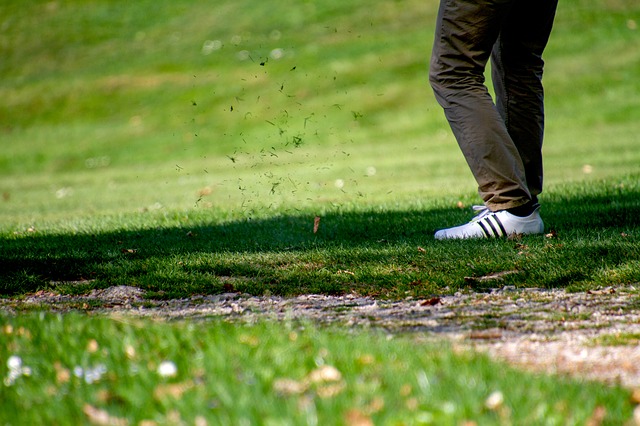In today’s world, where technology, media, and consumer demand intersect in a constant state of disruption, leadership starts with understanding and dealing with change. Henry DeLozier provides perspective on how superintendents can rise to the challenge.
Times have sure changed. Now you’re the one whom young men and women — the ones who aspire to your position one day — look to for guidance and assurance. And it’s in those hopeful faces, full of equal amounts potential and self-doubt, that your biggest challenge and the most important aspect of your job lies.
It’s called leadership. And in today’s world, where technology and media and consumer demand are intersecting in a constant state of disruption, leadership starts with effectively understanding and dealing with change. Among the biggest changes for golf course superintendents in the last decade:
- Agronomic knowledge has become “table stakes.” Knowing the science of growing grass efficiently and effectively has gotten most superintendents into the game. The superintendent is often the best-educated member of the management staff in many facilities. There is no way to overstate the importance and reach of agronomic knowledge, and yet the job is so much more now.
- Techniques have advanced. Generations of superintendents schooled in the college of hard knocks have found new and innovative solutions to age-old problems. These solutions have resulted in more efficient usage of water, advanced and less damaging pesticide management, and improved playing conditions arising from healthier and denser turf.
- Environmentalism is of top-tier importance. If everyone was as diligent an environmental steward as golf course superintendents are, we would live in a better, safer world. Trained in the chemical sciences and well informed through professional resources like GCSAA, new generations of superintendents have introduced planet-friendly solutions to fertility and water scarcity challenges.
- Golfers’ expectations have become more robust and detailed. In their insistence on improved playing conditions, golfers — God love ’em — have continued to push for tournament-quality conditions daily. Their demands, not unlike the quality demands of consumers for any other product or service for which they pay a premium, add stress and push budgets across the country.
If those are some of the major changes currently affecting the superintendent’s world, what might be over the horizon in terms of effective leadership qualities? From our perspective, it’s retaining your best talent. Although job-hopping in many industries has slowed this year as economic uncertainties weigh on employees, the situation could change as the economy and job market continue to improve, especially if employees aren’t feeling supported by their employer. It’s a challenge shared by your peers in organizations across the board.
“Employees crave a rewarding and purposeful workplace atmosphere. Now is the time for organizations to evaluate what is working well for their people, and what’s not resonating,” says Laine Thomas Conway of Alight Solutions, a global consulting firm. “When employees feel their employers are continually improving their offerings and working to enhance the employee experience, they are likely to remain positive and committed to their organizations, and in turn, employers can better retain top talent.”
In other words, says Tom Wilson, the CEO of Allstate Insurance: treat employees like customers. “They don’t pay you in dollars, but in hard work. That has led us to an employee choice model in the new world,” he says. Here are several tactical suggestions to help your team members:
- Education grants for the children of your crew. When the club or golf course funds educational support for the children of its workers, your crew will see you as the employer of choice.
- Field days for employees’ children. Help families share in the workplace culture and pride with your team. Most children want to see where their parents work, and what cooler place is there than a golf course?
- Regular feedback sessions. Give employees the same feedback opportunities customers have with retailers and service providers.
- All-team meetings. Help crew members understand their place in the overall team effort, including other departments and functions at the club and course.
It’s no longer enough to react to changes affecting our careers. To be an effective leader and to encourage your best players to remain part of the team, we must anticipate the next wave of change heading in our direction.
This article was authored by Henry DeLozier for Golf Course Industry magazine.



